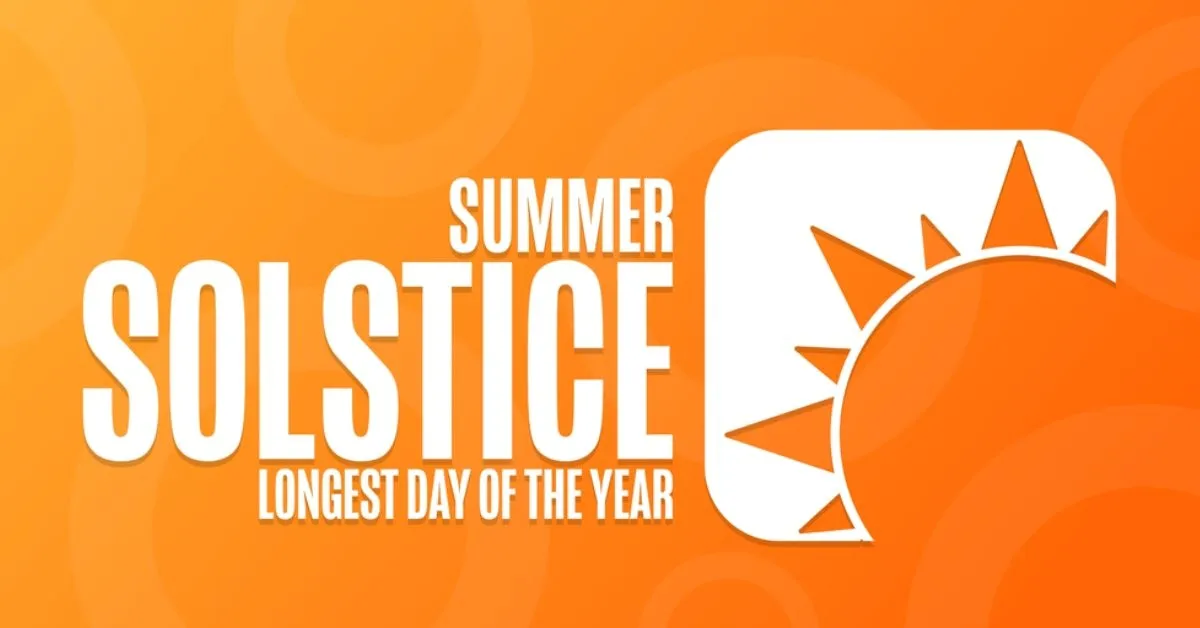Each year, around 21st June, people in the Northern Hemisphere experience the longest day and shortest night of the year. This special day is known as the Summer Solstice. In 2025, the longest day of the year will fall on Saturday, 21 June. Here is why this day is so important, what causes it, and how different parts of the world observe it.
What Is the Summer Solstice?
The Summer Solstice marks the day when the Sun reaches its highest point in the sky at noon. It occurs when one of the Earth’s poles (the North Pole in this case) is tilted closest to the Sun. As a result, people living in the Northern Hemisphere get to enjoy the longest period of daylight for the entire year. While the exact date can vary between 20th and 22nd June, it mostly occurs on 21st June.
The Space website mentions: “It occurs when one of Earth's poles is tilted toward the sun at its most extreme angle, and due to Earth's tilt, this happens twice a year. In the Northern Hemisphere, the summer solstice falls in June”
Why Is the Summer Solstice the Longest Day?
The Earth orbits the Sun on a tilted axis of about 23.5 degrees. Because of this tilt, different parts of the Earth receive varying amounts of sunlight throughout the year. On 21 June 2025, the Northern Hemisphere will be tilted towards the Sun at its maximum. This means the Sun will take the longest path across the sky, giving us more daylight hours.
The Space website states: “It marks that moment when the sun reaches that point when it is positioned farthest north — 23.5 degrees from the celestial equator.”
How Long Is the Day on 21 June?
The exact length of daylight depends on where you are on Earth:
-
In New Delhi, India, the sun will rise around 5:23 AM and set around 7:23 PM, giving about 14 hours of daylight.
-
In places closer to the North Pole, like Oslo, Norway, the day can last for more than 18 hours.
-
In parts of Alaska or northern Sweden, the Sun does not set at all around this time – a phenomenon called the Midnight Sun.
The Space website mentions: “In the Northern Hemisphere, the length of daylight varies depending on the latitude. At the equator, the time from sunrise to sunset is about 12 hours. At temperate or mid-northern latitudes (approximately 40 degrees north) the length of daylight lasts about 15 hours. And for those who are north of the Arctic Circle (66.5 degrees north) the sun remains above the horizon for 24 hours.”
Interesting Facts About the Longest Day
-
The term “solstice” comes from the Latin word solstitium, meaning “Sun standing still”.
-
The Sun doesn’t actually get bigger, but it feels hotter because it’s higher in the sky and shines longer.
-
On this day, shadows at noon are the shortest because the Sun is directly overhead or at its highest angle.
-
Noon is not always 12:00 PM during the solstice – the Sun may reach its highest point a bit earlier or later, depending on your location.
In conclusion, the longest day of the year on 21 June 2025 is more than just a date on the calendar. It’s a natural reminder of Earth’s connection to the Sun and the changing seasons. Whether you celebrate it by watching the sunrise, doing yoga, or simply enjoying the extra daylight, it’s a moment worth noticing.
